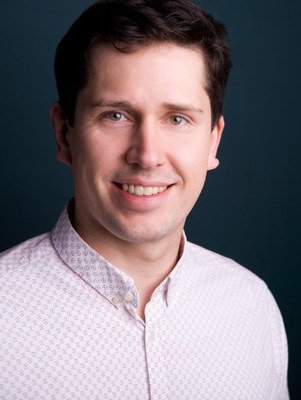Daniel Schick - Max Born Institute Berlin
Magnetism (MA), Short Time Scale and Applied Laser Physics (K)
|
|
Research Agenda: My group is utilizing ultrashort laser pulses to manipulate magnetic order in technologically relevant nanostructures, which are at the heart of many current and future technologies, e.g. for storing and processing information. Gaining actual functionalities from such laser-driven processes relies on progress in the fundamental understanding of the light-induced spin dynamics on the relevant pico- to femtosecond time scales. This ultimately requires access to the transient spatial magnetization profiles, which have been hardly accessible in experiments so far. The group uses resonant soft-X-ray scattering as a versatile tool that, combined with polarization-sensitive scattering simulations, can provide the missing information. Based on the portfolio of unique laser-driven soft-X-ray sources developed at the Max Born Institute, my team can investigate such complex spin structures in small-scale laboratories as opposed to large-scale facilities, as was previously the case.
Short Bio: I received my PhD on "Ultrafast Lattice Dynamics in Photoexcited Nanostructures" in the group of Prof. Matias Bargheer at the University of Potsdam in 2013. Afterward, I was granted a "Helmholtz Postdoc Programme" fellowship and moved to Helmholtz Zentrum Berlin as an independent researcher to work on ultrafast magnetism at the FemtoSpeX laser-slicing facility at the storage ring BESSY II. During this time, I have also been a visiting scientist with Prof. Simon Wall at the ICFO in Barcelona to work on correlated oxides. In 2017 I joined Division B headed by Prof. Stefan Eisebitt, at the Max Born Institute in Berlin as a postdoctoral researcher to establish a closer link between my research at large-scale facilities and laser-driven laboratory-based experiments. I successfully applied as a junior research group leader within the Leibniz Competition "Best Minds" to start my own group "Following complex spin structures in time and space", beginning in 2023.
